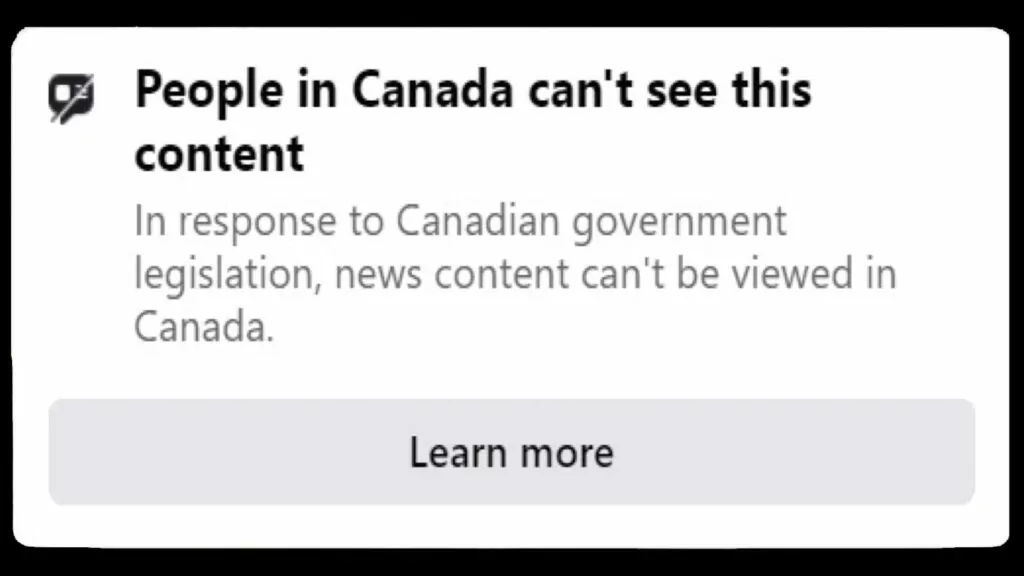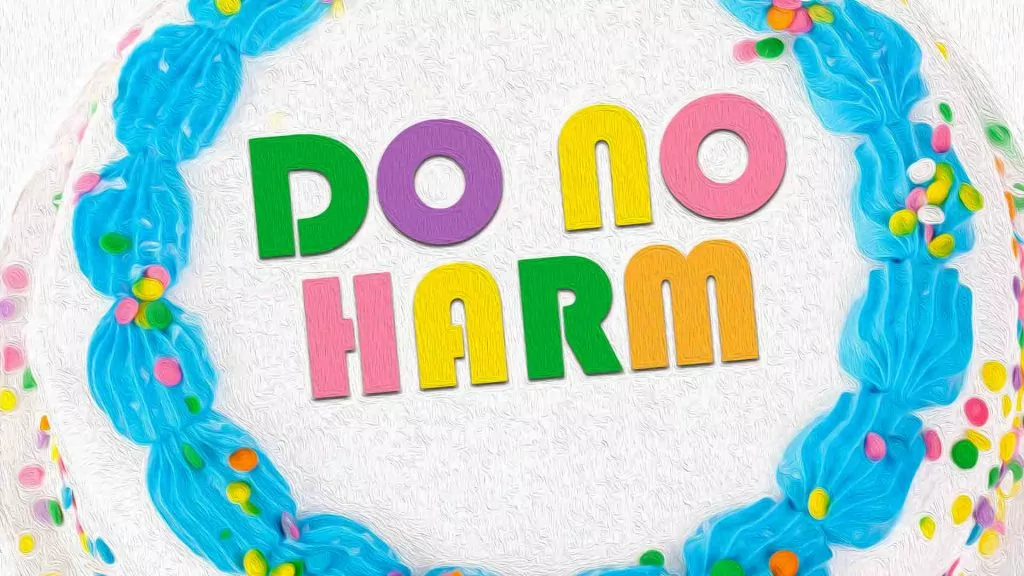If you’re pro-life, you know the value of a good acronym. For years S.L.E.D. has helped us remember there are just four differences between the unborn and us, and none of them would justify killing the unborn.
- Size – They are smaller but so what? Smaller adults aren’t seen as less human.
- Level of development – The unborn are less developed than adults, true, but so are prepubescent children. Why would that make either of them less human?
- Environment – The unborn are in a different environment but since when does where we are determine who we are?
- Degree of dependency – They are highly dependent, but so are people who need dialysis and that doesn’t make them any less human.
For years John Stonestreet has wished there was a similarly useful acronym to help Christians remember what to say when it comes to defending our religious freedom. In his May 16 Breakpoint column, he shared how his colleague Shane Morris has done just that with the acronym F.R.E.E. with each letter representing one point in a compelling argument for religious freedom.
- Forcing – Many in the world still recognize that “forcing people to go against their beliefs for no good reason is a bad thing.”
- Reason – “Is there a good reason to force a religious person to go against his or her belief in the case you’re discussing? And are there less burdensome alternatives to squashing this freedom, like using a bakery down the street or an adoption agency across town?”
- Examples – Offer examples that make your point. “Should a Muslim t-shirt designer be forced to create shirts mocking the prophet Muhammad? Should an Orthodox Jewish club at a university be forced to admit Christians as officers?”
- Equality – Complete the argument by asking, why shouldn’t Christians get the same freedoms we’d give to the Muslim t-shirt maker or the Orthodox Jewish club?
It’s a helpful tool, made even better with one addition.
Underpinning these four points is the idea that we should do to others as we would want done to us. That’s from the Bible (Matt. 7:12) and that worth noting because, as much as defending our freedom of religion is important, it’s even more important to actually use it. So let’s give God the glory with a fifth point that we can call “D, as in Divine.” That’ll be a reminder for us to show how the core of our argument rests on a solid biblical principle. And in explaining that this is not our insight, but God’s, we can point our listeners to Him.
Let’s never forget to use our liberty to tell people how they too can be freed.












